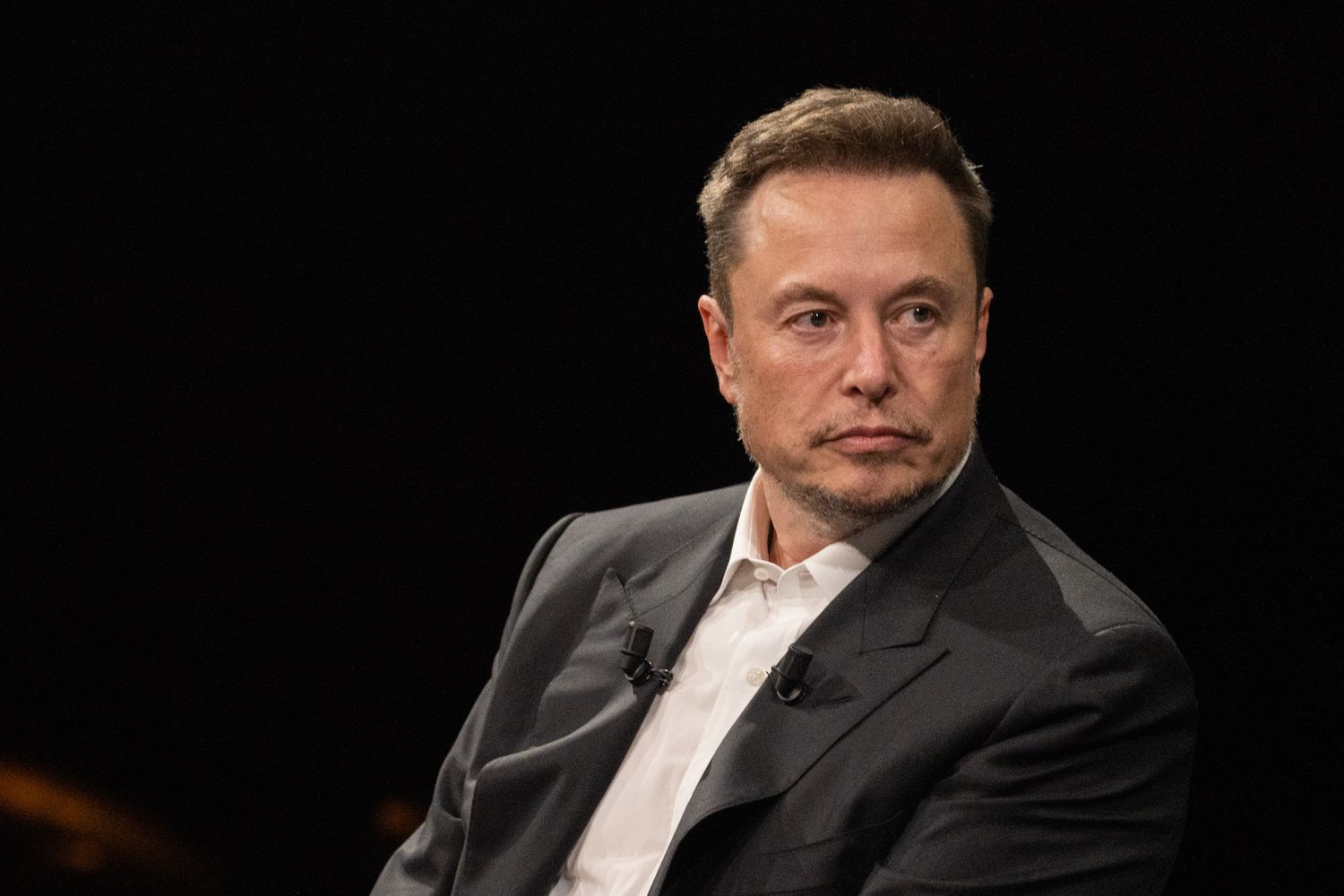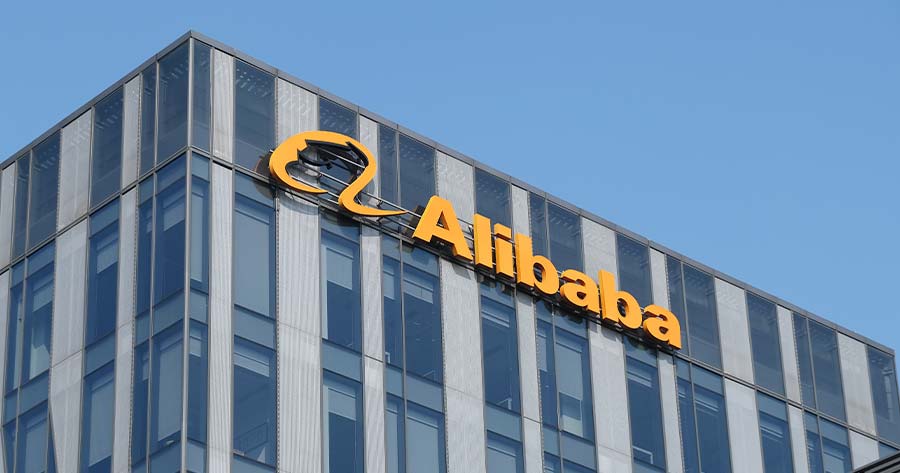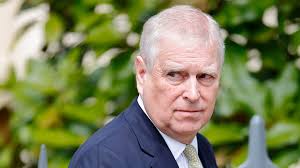Tech
Bitcoin Surpasses $100,000: What’s Next for the Cryptocurrency Giant?

Bitcoin has shattered the long-anticipated $100,000 milestone, surging to $103,400 early Thursday before retreating slightly. The achievement has sparked widespread speculation about the cryptocurrency’s future trajectory and its ability to sustain such historic highs amidst its well-known volatility.
Dan Coatsworth, an investment analyst at AJ Bell, hailed the milestone as a “magic moment” and linked the price surge to Donald Trump’s election victory. Trump, who has championed pro-cryptocurrency policies, celebrated on social media, declaring, “Congratulations Bitcoiners” and “You’re welcome!”
The president-elect’s pledge to make the United States a “crypto capital” and appoint pro-crypto figures like former SEC commissioner Paul Atkins has been pivotal in driving investor optimism. Atkins, widely regarded as more favorable to cryptocurrencies than current SEC chief Gary Gensler, is expected to foster regulatory clarity, potentially encouraging broader adoption.
Andrew O’Neill, a digital assets expert at S&P Global, noted that anticipation of crypto-friendly policies under the new administration is fueling Bitcoin’s upward trend. “This momentum is likely to carry forward into the new year,” O’Neill said.
However, the cryptocurrency’s unpredictable nature remains a cautionary tale. While many have reaped significant gains, analysts like Coatsworth warn that Bitcoin’s speculative and volatile nature could lead to sharp corrections.
Despite the risks, Bitcoin’s breakthrough reflects growing mainstream acceptance and the evolving role of cryptocurrencies in global finance.
Tech
X to stop Grok AI from undressing images of real people

X has announced that its artificial intelligence tool, Grok, will no longer be able to edit images of real people to depict them in revealing clothing in jurisdictions where such activity is illegal, following widespread backlash over the misuse of sexualised AI deepfakes.
In a statement published on the platform, X said it had introduced new safeguards to prevent the Grok account from being used to manipulate photos of real individuals in a sexualised manner. “We have implemented technological measures to prevent the Grok account from allowing the editing of images of real people in revealing clothing,” the company said.
The move has been welcomed by UK authorities, who had previously raised concerns about the tool’s use. The UK government described the decision as a “vindication” of its calls for X to take stronger action to control Grok. Media regulator Ofcom also said the change was a “welcome development”, while stressing that its investigation into whether the platform breached UK laws is still under way.
“We are working round the clock to progress this and get answers into what went wrong and what’s being done to fix it,” Ofcom said, signalling continued scrutiny despite the latest measures.
Technology Secretary Liz Kendall welcomed X’s announcement but emphasised the need for accountability. She said she would “expect the facts to be fully and robustly established by Ofcom’s ongoing investigation”, underlining the government’s commitment to ensuring online safety rules are upheld.
However, campaigners and victims of AI-generated sexualised images say the decision has come after significant harm had already been caused. Journalist and campaigner Jess Davies, who was among women whose images were edited using Grok, described the changes as a “positive step” but said the feature should never have been permitted in the first place.
Tech
Alibaba Opens AI Video Generation Model for Free Use Globally

Chinese tech giant Alibaba has made its latest AI video generation models freely available worldwide, intensifying competition with rivals such as OpenAI.
The company announced on Wednesday that it is open-sourcing four models from its Wan2.1 series, its most advanced AI model capable of generating images and videos from text and image inputs. These models will be accessible via Alibaba Cloud’s Model Scope and Hugging Face, making them available to academics, researchers, and businesses globally.
Following the announcement, Alibaba’s Hong Kong-listed shares surged nearly 5%, continuing a strong rally that has seen the stock gain 66% in 2025. Investors have been optimistic about the company’s growing role in AI and its improving financial performance, buoyed by recent policy signals from Chinese President Xi Jinping supporting the domestic private sector.
Alibaba’s move aligns with a broader trend in China, where companies are increasingly embracing open-source AI. In January, DeepSeek, another Chinese firm, shook global markets by revealing that its AI model was trained at a fraction of the cost of competitors, using less-advanced Nvidia chips. Both Alibaba’s and DeepSeek’s models are open-source, meaning they can be downloaded and modified freely, unlike proprietary AI models such as those developed by OpenAI, which generate direct revenue.
The shift towards open-source AI has sparked debate over whether AI models will become commoditized. While companies like Meta are leading the open-source push in the U.S. with their Llama models, Chinese firms have been particularly aggressive in this space, aiming to drive innovation and build global AI communities.
Tech
VP JD Vance Pledges to Protect U.S. AI and Block Its Weaponization

Vice President JD Vance reaffirmed the U.S. commitment to safeguarding its artificial intelligence and semiconductor technologies, vowing to block efforts by authoritarian regimes to weaponize them.
Speaking at France’s AI Action Summit in Paris, Vance warned that some nations have exploited AI for military intelligence, surveillance, and foreign data manipulation. “This administration will block such efforts, full stop,” he stated. “We will safeguard American AI and chip technologies from theft and misuse, work with our allies and partners to strengthen and extend these protections, and close pathways to adversaries attaining AI capabilities that threaten all of our people.”
While he did not directly name China’s AI model DeepSeek, which has drawn global attention for its competitive performance at a lower cost, Vance criticized heavily subsidized technologies exported by authoritarian states. “We’re all familiar with cheap tech in the marketplace that’s been heavily subsidized and exported by authoritarian regimes,” he said.
In a pointed message to allies, Vance cautioned against collaborating with companies linked to such regimes, arguing it would compromise national security. “Chaining your nation to an authoritarian master that seeks to infiltrate, dig in, and seize your information infrastructure never pays off,” he added.
The U.S. has ramped up efforts to control AI development and chip manufacturing, tightening restrictions on exports to China and strengthening alliances in the tech sector.
-

 News1 week ago
News1 week agoPolice Review Private Flights at Stansted Following Epstein File Revelations
-

 Entertainment1 week ago
Entertainment1 week agoTech-Inspired Musician Look Mum No Computer to Represent UK at Eurovision
-

 News1 week ago
News1 week agoDNA Test Yields No Match in Search for Missing Nancy Guthrie
-

 General1 week ago
General1 week agoSouth Korea’s ex-president jailed for life over martial law attempt
-

 News4 days ago
News4 days agoBritish Tourist Among 19 Victims in Tragic Nepal Bus Crash
-

 News1 week ago
News1 week agoTributes Pour In as Civil Rights Icon Jesse Jackson Dies at 84
-

 News1 week ago
News1 week agoAndrew arrested on suspicion of misconduct in public office
-

 News4 days ago
News4 days agoMore than 5,000 flights cancelled as major snow storm blasts US north-east











